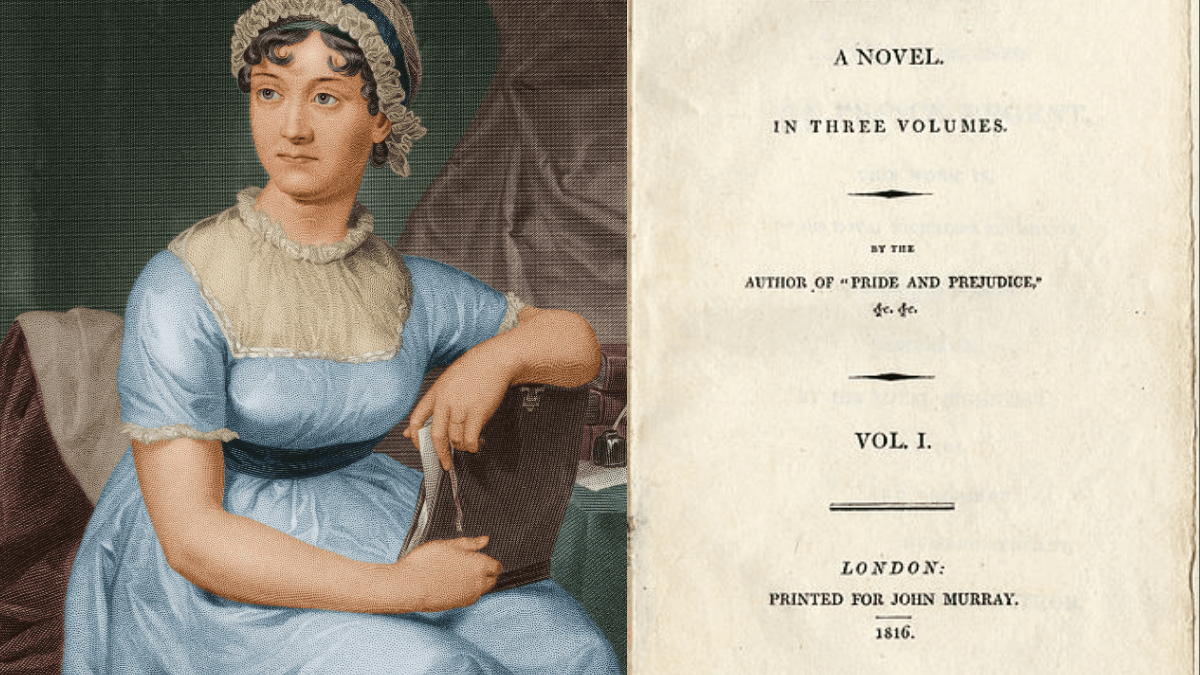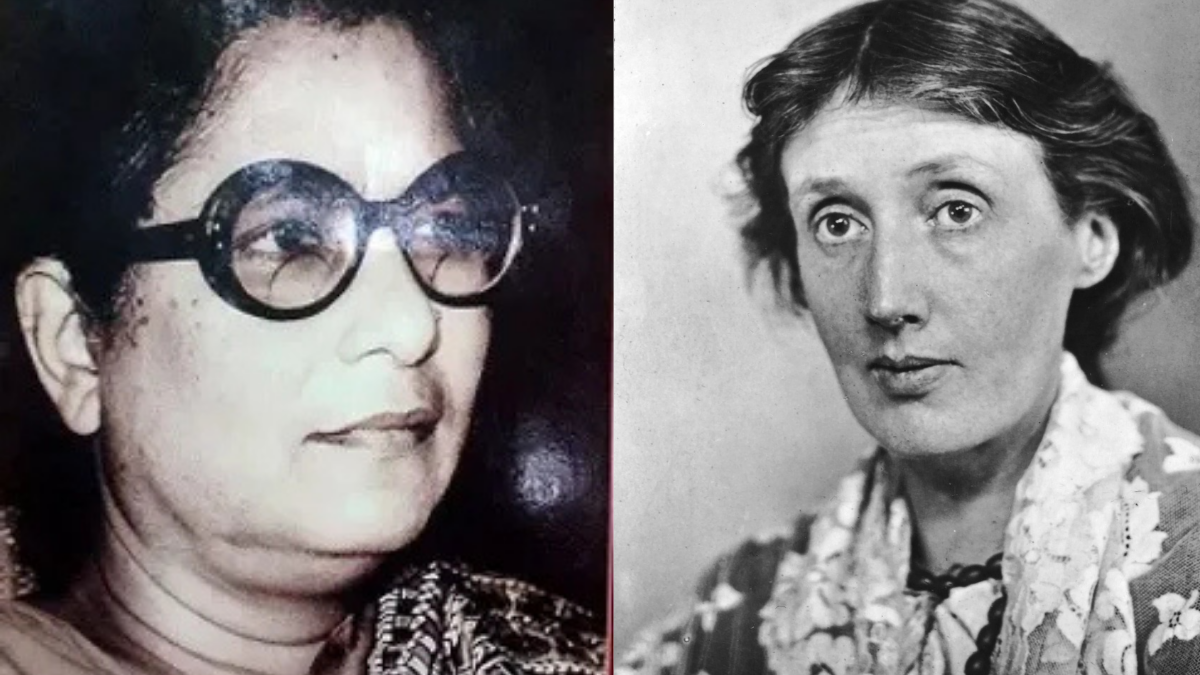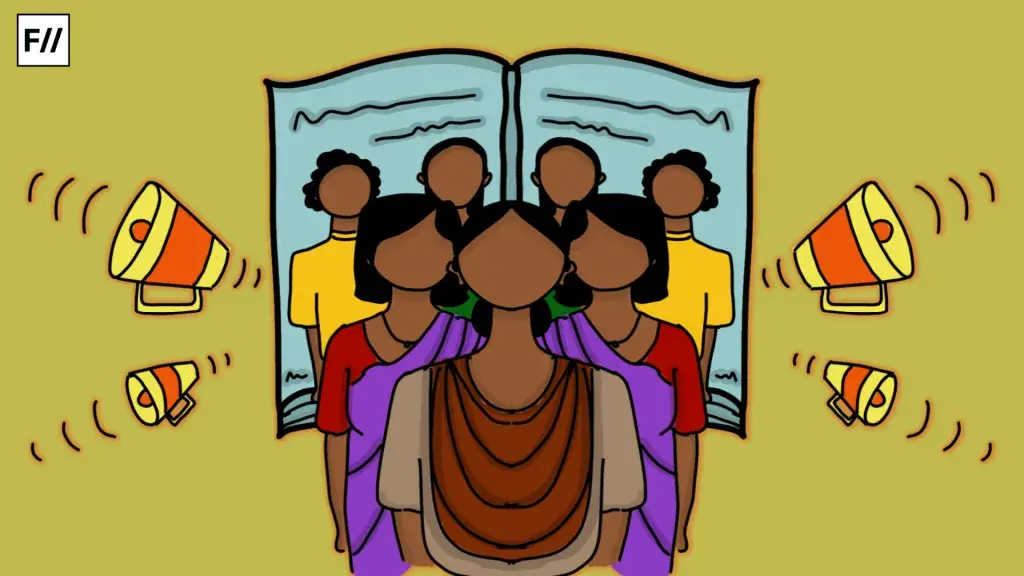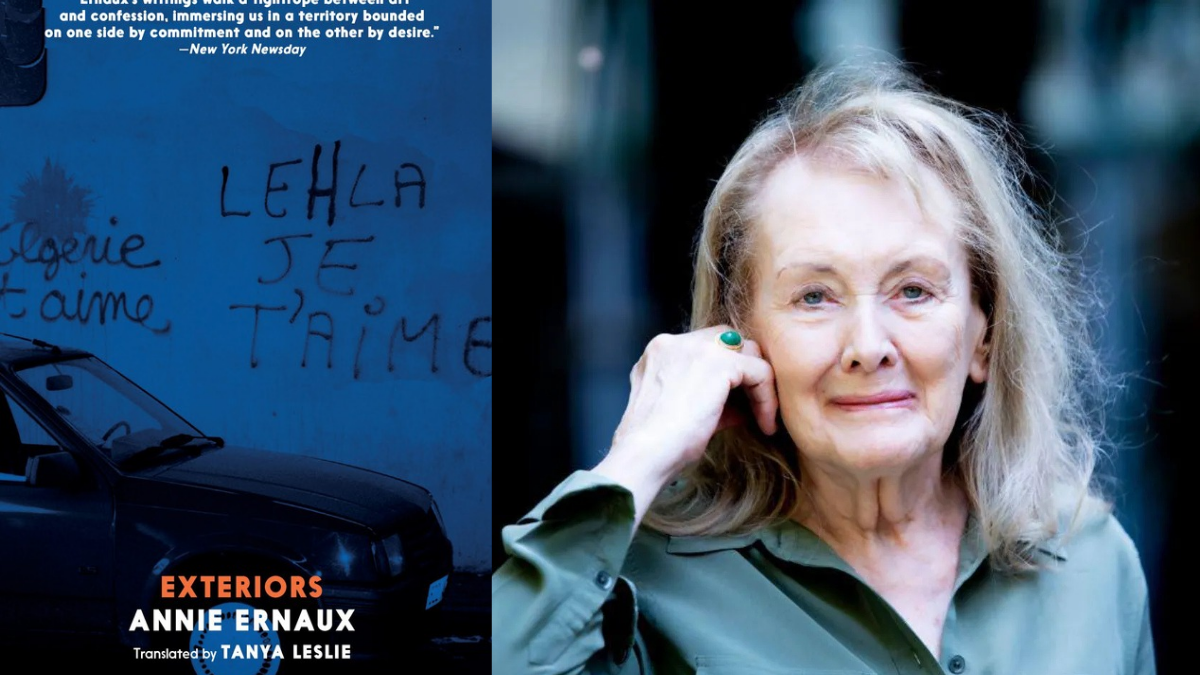“The real evils, indeed, of Emma’s situation were the power of having rather too much her own way..”
Behind any story, novel, or piece of writing is the author, who often leaves a piece of themselves in their writing. The writing often reflects either their thoughts, opinions, times, or everything contrary to that. Similarly, we find the legacy of Jane Austen in 19th-century English middle-class society.
Jane Austen was an English novelist in the early 19th century. Her novels were usually set around the lives of women in the English middle class of the period. The novels often narrate society and the lives of women, or rather, life through these women’s eyes.
One of the most prominent writings by Austen is Emma, published in 1815. Emma is the story of a young woman residing in Highbury, located around north London, and her attempts at matchmaking.
The high society in Emma
Emma’s narrative revolved primarily around marriage and society, with a side of the mundane lifestyle of the characters. A society that was predominantly occupied by social status and marriage; who should marry whom, the perfect match, and the social eligibility to be considered compatible. Matters such as courtships, gentlemen and ladies, how beneficial their marriage would end up being and so on. In such a societal model, celibacy was a luxury only for the well-off, while for others it just meant inability or undesirable for courtship.
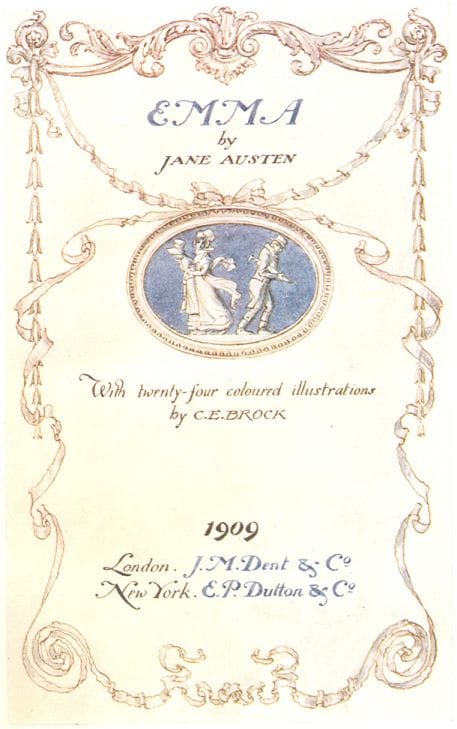
Women were shown to be primarily occupied with just men, with nothing better to be occupied with. The Bechdel test could just give up on this piece of fiction. The writer laid an undertone for a good amount of subtle social class politics where status was steered by birth, wealth and connections in the high society. When there is a slight scope of Miss Smith’s match with Mr Martin, who is considered to be of a lower social class, Emma finds it astounding that he could even consider the real possibility of the proposal being accepted. She expresses her view of the potential outcome: “You banished to Abbey Mill Farm! You confined to the society of the illiterate and vulgar all your life! I wonder how the young man could have the assurance to ask it. He must have a pretty good opinion of himself.“
Regardless of the period in which it was written, Emma’s character is not perfect. She’s deluded, flawed, privileged, independent, and makes her own decisions, which aren’t right. How can it be? A woman can’t make her decisions, can she? She is also very conscious of the social class and where one may marry, as she tries to steer Harriet out of the marriage with Mr. Martin for unreal and shallow reasons. He is not a good enough match for her dear friend and will grow old to be a worse version of his current self.
I am going to take a heroine whom no one but myself will much like
Emma is the story of a woman with strong opinions who made bad decisions. No one can know for certain other than Austen herself, but maybe Emma was never meant to be the perfect protagonist, character, or even woman. The protagonist, Emma Woodhouse, is shown to be a self-deluded young woman of 21 who sees things to her convenience, as she wants/believes things to be. She is “handsome, clever, and rich, with a comfortable home and happy disposition.” Being the younger of two sisters and motherless since very young, she makes up her mind to never marry. As a consequence of her sister’s marriage and a very affectionate, indulgent father, she became the mistress of her house quite early.
Emma’s character is flawed yet perfect at the same time, for the storyline and characterisation are way ahead of their time. Emma is independent, the mistress of her house even while her father is present. She has all the luxury and prestige and privileges, she can make her own decisions without any restrictions and yet she makes the wrong ones and influences her friend as well to align with her. She is aware the entire time of the social standing of Harriet and “adopts” her.
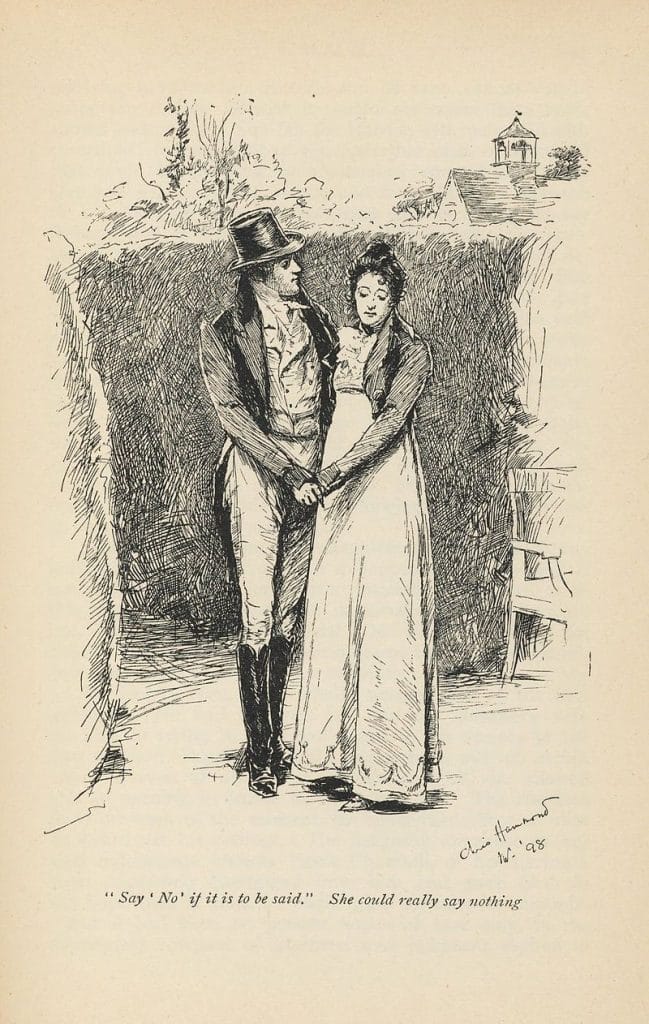
There have been various adaptations of Emma as well such as Emma (1972), Emma (1996) with Gwyneth Paltrow as Emma and also Emma (1996) with Kate Beckinsale as Emma. Some modern takes on it include Clueless (1995) and the Bollywood make Aisha (2010), wherein we find the social commentary and intended shallowness of the characters to be brought better to life.
Marriage as an only way to sustain a woman
Marriage is essentially shown to be the only way for a woman to sustain herself, being employable or even the willingness to be so is not appreciated in the least and is seen as the last resort. Also not something which a woman of society would be advised to do which is very apparent by society’s hushed behaviour towards Miss Fairfax’s decision to be employed and the pity conveyed.
Similarly, drawn from the quote “…and lament that Highbury afforded no young man worthy of giving her independence,— nobody that she could wish to scheme about for her.” Emma’s initial decision to remain a spinster could be afforded by her simply due to her social class.
The parallels which can be drawn from this book which is over 200 years old now is amusing, for yes we have progressed but we are not very far from where we used to be. With the passage of time, there has been an improvement in societal perception towards marriage and female employment but marriage is often seen to be the only purpose of a woman which the literature suggestively mocks throughout the narrative, the tone of which is often missed by many.
About the author(s)
Ketki (she/her), is a curious political science student who loves exploring new ideas, places, and cultures. She has gained diverse work experience across event logistics, exhibitor relations, and research, always eager to learn something new. She has a soft spot for cats. In her free time, she loves to travel, listen to wildly different music and watch thrillers.
